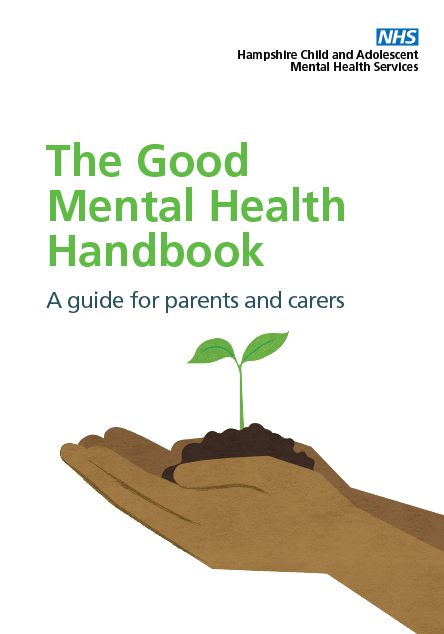Mental Health and Emotional Wellbeing
| Category | Organisation | Link |
|---|---|---|
| Helping with emotional wellbeing and mental health. | Hampshire Child and Adolescent Mental Health Service (CAMHS) |  |
| Child and adolescent mental health services | Youngminds |  |
| Counselling, advice and support for children and young people across Hampshire. | Hampshire Youth Access |  |
| Advice and support for parents of teenagers on drugs, alcohol, self Harming and relationships. | Family Lives |  |
| Providing support, advice and information for anyone affected by mental health distress. | Andover Mind |  |
| Support and provide information for family and carers of individuals who self harm. | National Self-Harm Network |  |
| Targeted and specialist support services to those in crisis, leaving care, missing from home or with substance misuse or mental health problems. | Catch 22 |  |
| Young people and adults can contact the NSPCC helpline, Report Abuse in Education on 0800 136 663 or email: help@nspcc.org.uk | NSPCC |  |
The Good Mental Health Handbook
From bullying to bereavement, self-harm to sexuality, “The Good Mental Health Handbook” is a one stop shop of practical resources, strategies and activities to help the whole family navigate some of the most delicate and sensitive issues facing families today.
What Is Mental Health?
Mental health refers to our emotional, psychological, and social well-being. We all have mental health. Our mental health affects how we think, feel, and act. It also impacts on how we cope, interact and form relationships with others, as well as our daily functioning.
Our mental health can vary and be dependent on a number of factors which may include:
- The number of demands and stressors we have
- Our physical health
- Significant life events
- How much sleep we get
- Relationships with other people
- Our diet/ nutritional intake
- Environmental, societal and cultural factors
- How much we engage in leisure activities, hobbies and interests

